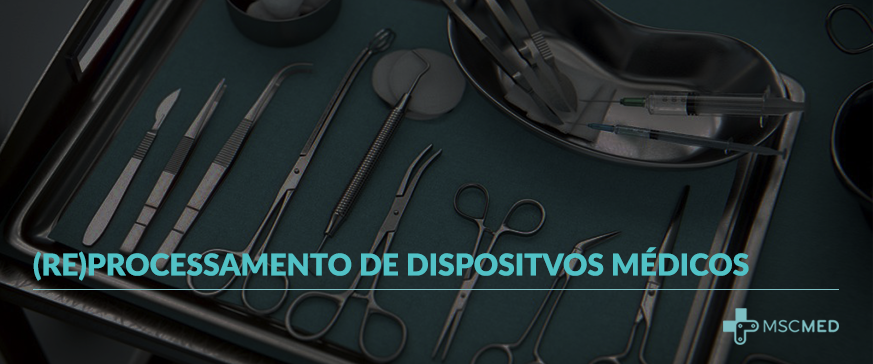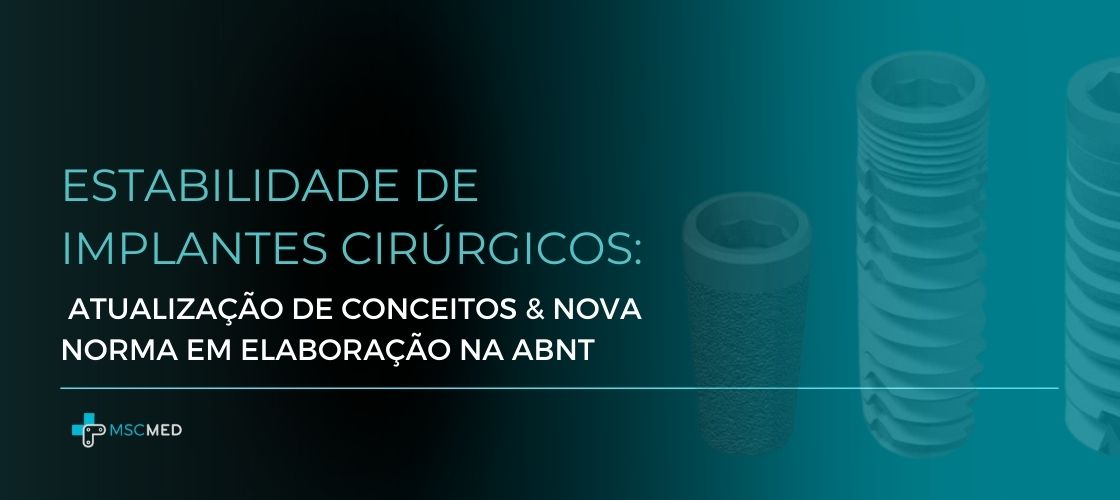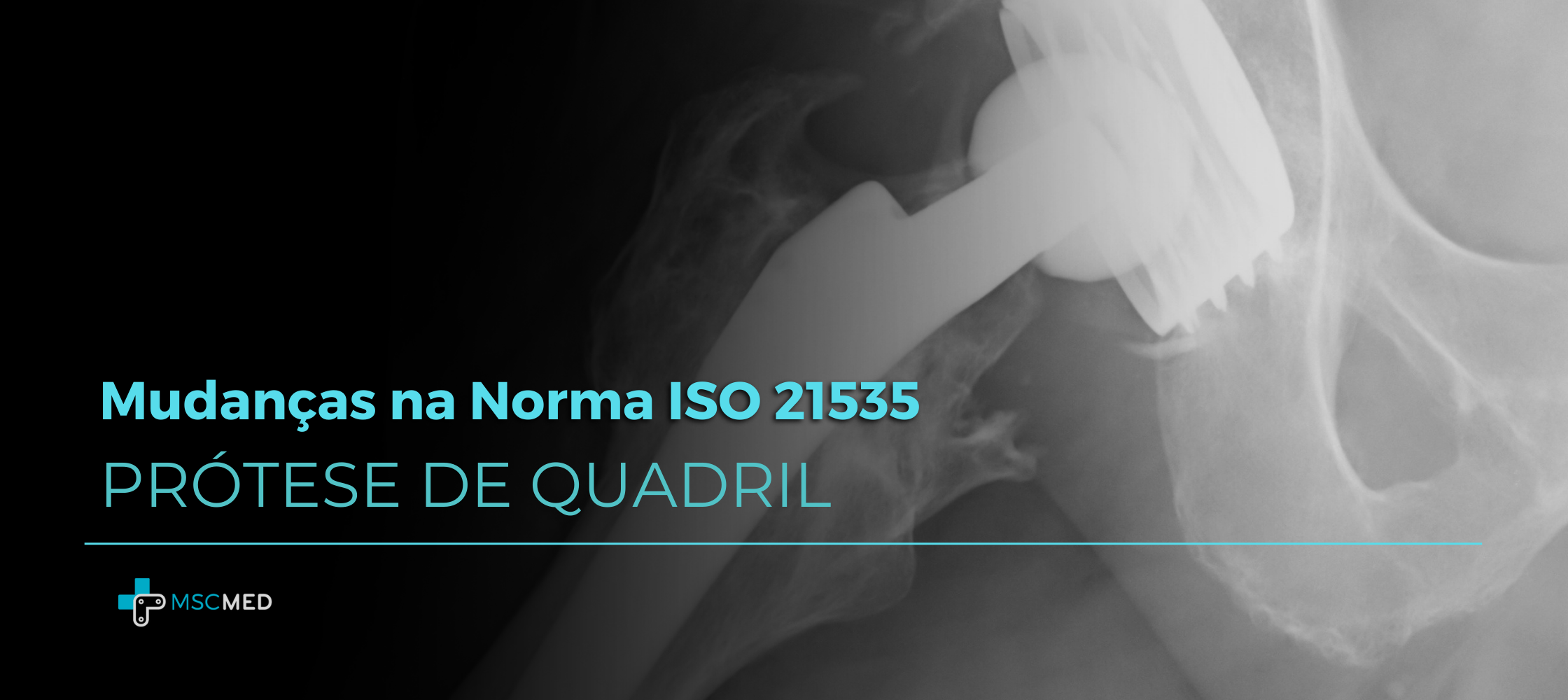Some medical devices, such as surgical instruments for example, can be reused. For reuse, it is also necessary to process (or reprocess) the devices, and thus make them ready for use again. This processing involves cleaning and re-sterilizing the products.
Products that undergo reprocessing dozens or even hundreds of times are repeatedly subjected to aggressive conditions in terms of temperature, humidity and pressure. Thus, it is relevant to assess the ability of these products to withstand these recurring adverse conditions. Some relevant parameters are corrosion, oxidation, integrity and functionality. In addition, it is also relevant to verify if the applied processing is being effective, that is, if it is reaching adequate levels of cleanliness and sterility.
In other health regimes, such as the German one, even the reprocessing of surgical implants is allowed. In this sense, it is important to differentiate mere reprocessing (cleaning and re-sterilization of a product not yet used) from reuse. In many European countries and the United States, implants can be reprocessed but not reused.
The Brazilian regime is more rigid. RDC 156/2006 stipulates strict rules for the reprocessing of medical products, and there is still a list that contains several products that cannot be reprocessed – contained in Resolution RE 2605 of 2006, a list that includes implantable products.
At the end of 2018 and beginning of 2019, there was an effort to bring the Brazilian rules closer to the rules cited for other countries where the rules for processing are less strict. Public Consultation No. 584, of December 20, 2018, was published and suggested new rules for the reprocessing of medical devices in Brazil. However, the public consultation was never published as a Resolution and, therefore, is not in force.
Still, there are several reprocessing products allowed even with current rules. If you are designing one of these products, it is important to evaluate the reprocessing methods, and especially their ability to withstand the conditions repeatedly imposed to process them.
Interested in validating the reprocessing method of your products? Make contact with us.






